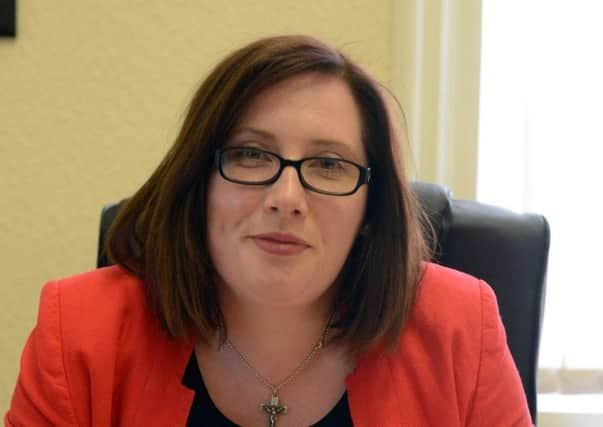South Shields MP is pleased with extra Metro services


It was revealed yesterday that Nexus would be running more early morning trains from February 5 in a bid to improve service at peak times.
In recent months system has been criticised for it’s frequent delays and cancellations - often leaving passengers late for work or study.
Advertisement
Hide AdAdvertisement
Hide AdEmma Lewell-Buck, MP for South Shields, has previously held talks over the service in Westminister Hall and wrote to the then transport secretary Patrick McLoughlin on the issue.
Mrs Lewell Buck says she is pleased that Nexus is improving the service.
She said: “I am pleased that Nexus have responded to passenger needs and are putting on a more frequent service at the busiest times. I am hopeful that Nexus will also be able to provide assurances to passengers that reliability will be improved .
“Many commuters have lost confidence in a service that has time and time again left them stranded or regularly having to put up with journeys that can take three times as long as they should. People rely on the Metro system to get to work, college or important appointments.
Advertisement
Hide AdAdvertisement
Hide Ad“If we are serious about encouraging people to use public transport, it must be fit for purpose. I am looking forward to proposals from Nexus for renewal of the Metro infrastructure.”
Starting next month, there will be more early-morning trains from South Shields, which Metro bosses say is in response to a change in demand from customers .This includes two new early morning trains from South Shields – with a first departure at 5.42am and a train every 12 minutes from 6.06am onwards.
There will also be changes to the peak time service between Pelaw and Monkseaton.
Raymond Johnstone, director of rail and infrastructure at Nexus, which owns and manages Metro, said: “Nexus is responding to passenger demand for more trains when people need them – in the early morning before the traditional ‘rush hour’ begins.”